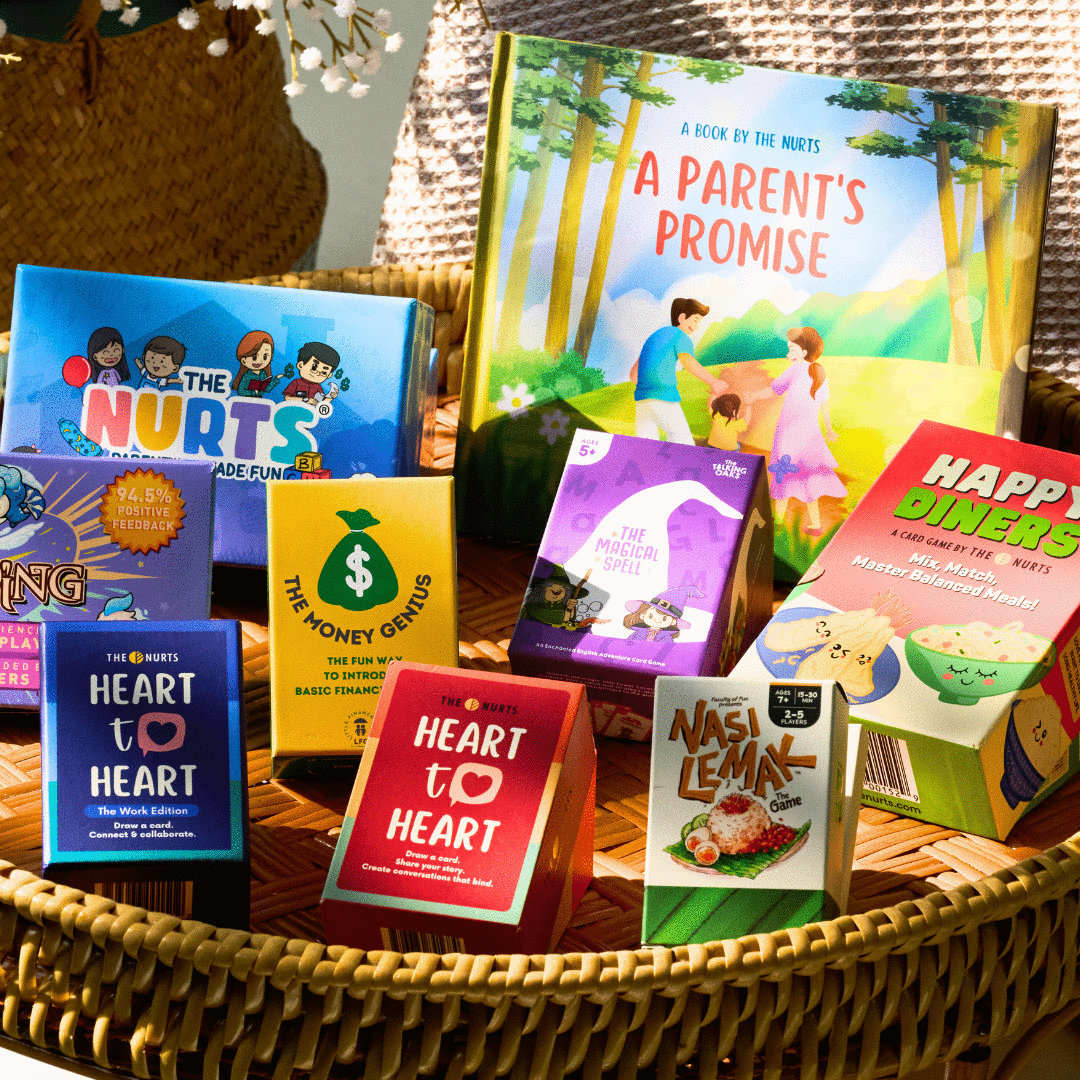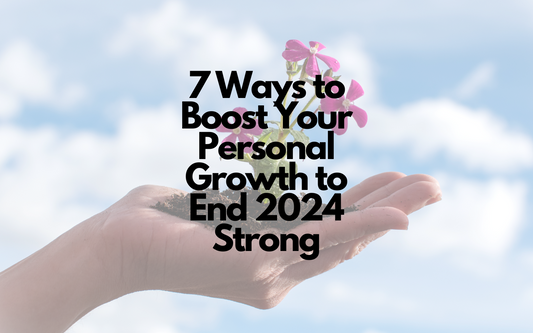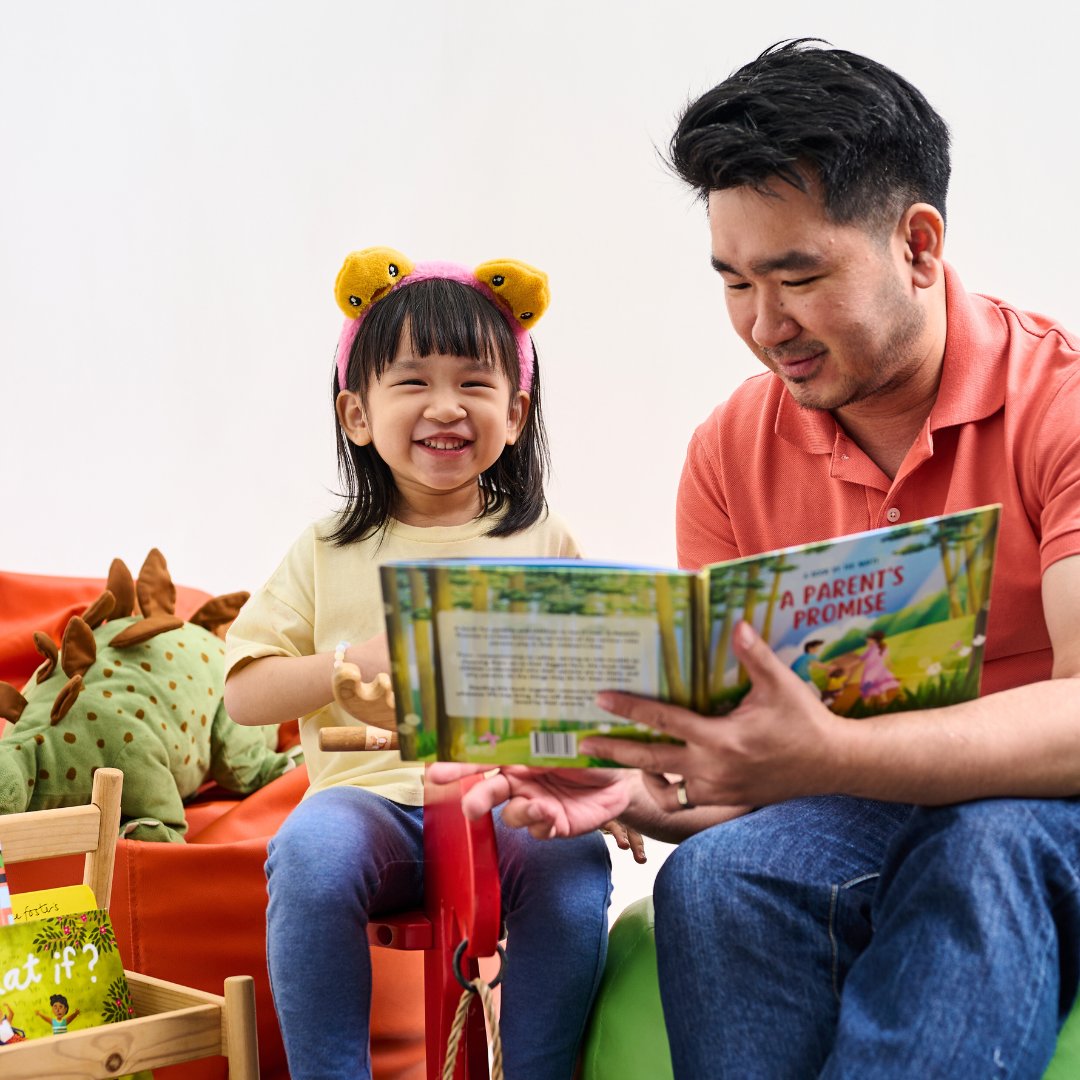When your child is having a screaming fit, or is hitting, biting, or otherwise hurting another person, it can be difficult to know how to react. Sometimes, we even find ourselves matching their emotional pitch and end up yelling at or scolding them even though we know it makes the situation worse.
In the world of parenting, it's easy to jump to correction mode when our children misbehave or make mistakes. However, prioritising connection over correction can have a profound impact on your child's emotional development.
In this blog post, we'll explore the concept of connection over correction and why it’s so important for your child’s emotional development. We’ll show you a simple 3-step process to create a safe and nurturing environment that allows your child to develop essential emotional intelligence skills.
The Brain on Emotions
We've all been there – those moments when anger or frustration clouds our judgement and impairs our ability to process information effectively. The same holds true for our children.
When a child is upset, their brain can become overwhelmed, making it challenging to process what is being said or taught. This is a critical point to remember as a parent because it highlights the importance of connection over correction.
Just as adults need time to calm down and regain emotional balance during a heated argument, children require the same space and understanding. In these moments, their brains are too preoccupied with intense emotions to absorb any lessons.
Creating a Safe Space for Emotional Growth
The primary aim of connection over correction is to create a safe and supportive space for your child to learn how to process their feelings effectively. When children feel safe and understood, they are more receptive to guidance and corrections.
Emotional intelligence, which encompasses recognising, understanding, managing, and effectively using emotions, is a vital skill that can significantly impact a child's future success and well-being.
Step 1: Connect
When your child is upset or emotional, they need a safe and calm environment to calm down. This could be a quiet corner of the house, their room, or any place where they feel secure. By physically relocating them to this space, you signal that you care about their well-being.
Assure them that you’ll be right beside them as they work through their feelings. Offer a cuddle or take deep breaths with them. It can be helpful to take a moment here to think through what you are going to do next, and find the right words to use.
Say: “I’ll be right here beside you until you feel better. It’s okay to feel so upset. We can cuddle or take deep breaths together, if that helps you feel better.”
Step 2: Validate
Show empathy and let your child know that their feelings are entirely valid. Acknowledge their emotions without judgement or criticism. Let them know it's okay to feel this way and that there’s nothing wrong with having strong feelings.
You can use this time to share a story about yourself in a similar situation - children love to hear stories about their parents, and it helps them to feel that you understand how they feel.
Say: “I could see you got really upset when [situation] happened. I would feel really upset as well if that happened to me. In fact, I once had [situation] and I cried lots of angry tears.”
Step 3: Correct
Once your child is calm and receptive, engage in a conversation about the situation. This is the right time to provide guidance, discuss alternative strategies, and teach them how to handle similar situations in the future.
Your child is more likely to internalise these lessons when they are emotionally balanced and feel a strong connection with you.
Say: “It’s okay to feel so angry, but it’s not okay to hurt others by hitting or biting. Let’s think about how you can express yourself in a way that keeps you and others safe. Let’s also think of how we can avoid [situation] again by doing [suggestions].
By understanding the limitations of an emotionally charged brain and following the steps of connecting, validating, and correcting, you can help your child learn essential emotional intelligence skills.
Remember that building a strong emotional foundation through connection will not only help your child in their formative years but will also equip them with the tools to navigate life's challenges effectively as they grow into adulthood.
So, the next time you find yourself in a parenting dilemma, remember the power of connection, and watch your child thrive emotionally and mentally.







